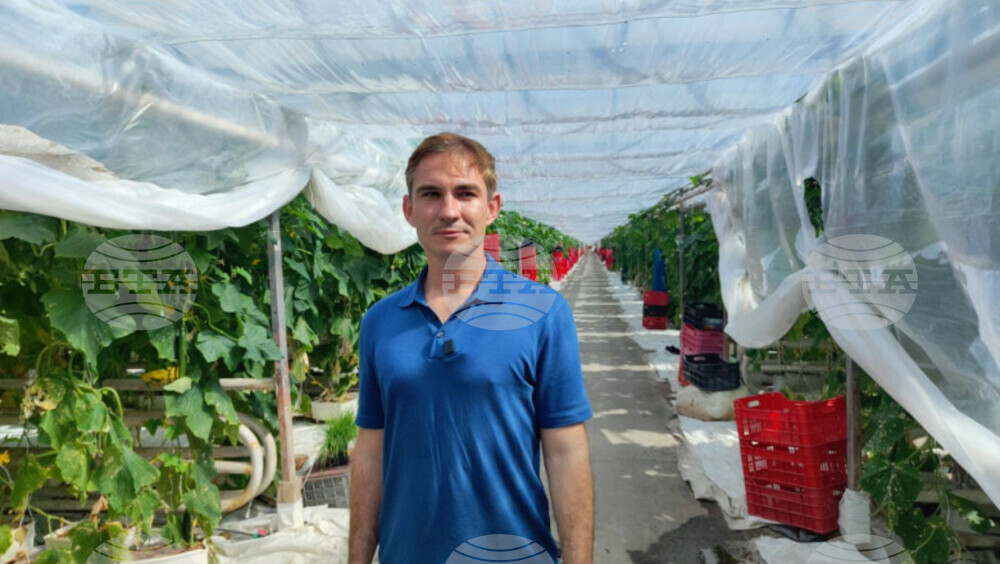site.btaForeigners More Motivated than Locals to Work in Bulgarian Agriculture, Business Owner Says


The shortage of labour weighs ever more heavily upon the Bulgarian economy. The agricultural sector has particularly great difficulty finding workers as the specific working conditions in farming are not to everyone's liking. With farmers predicting a deepening crisis, the search for agricultural labour from other countries is common practice, Agri.bg says in a story published on April 2.
Interviewed by the website, greenhouse cucumber grower Ivan Velichkov says: "We rely more and more extensively on foreign labour. There are Bulgarian workers, but they do not want to work permanently all the year round. Most of the workers in this greenhouse are from Ukraine. Lately, we have also imported workers from Uzbekistan, and now we are beginning to use people from Nepal."
Velichkov runs six hectares of steel-and-glass greenhouses in the village of Razhevo Konare, in the south-central region of Plovdiv. Half of the workers in this cucumber-growing complex are foreigners.
Importing workers is a cumbersome procedure, which is a great disadvantage, Velichkov says. "Agriculture is not the only sector where labour is in short supply. All of the larger factories, the larger enterprises now use a lot of imported labour, and the import process takes quite some time. You need to wait at least half a year for someone to come to Bulgaria, so we need to think six months in advance."
For Velichkov's business, importing workers from abroad is a matter of survival. Bulgarians would spend five hours a day travelling to and from work. Foreigners are offered accommodation in a special campus in the farming complex and get free meals.
The businessman says: "Before the war, we started working with Ukrainian intermediaries, and when people were brought over, we decided it would be most cost-effective to build accommodation close to the greenhouses, because in this way it would be easiest for us to oversee them and to know where they are at any given moment. We know we can count on always having someone around."
Velichkov expects that Bulgarian agricultural employees will disappear altogether at some point. "I imagine that within five years, only the managerial positions will be held by Bulgarians, and all the rest will be nothing but imported labour," he says.
/VE/
news.modal.header
news.modal.text